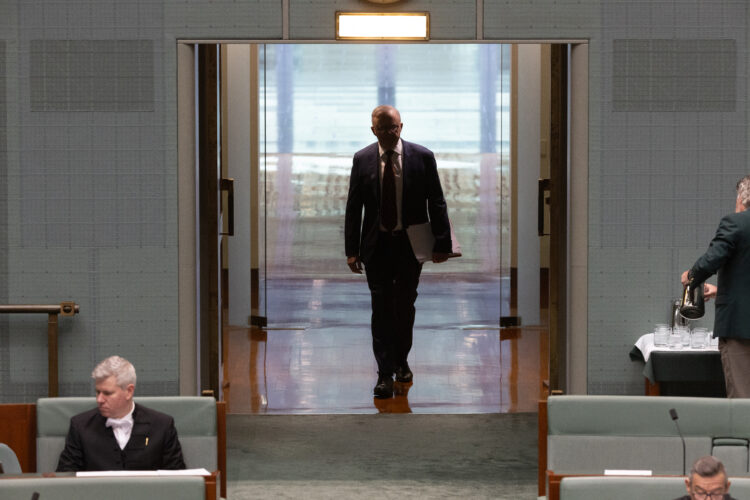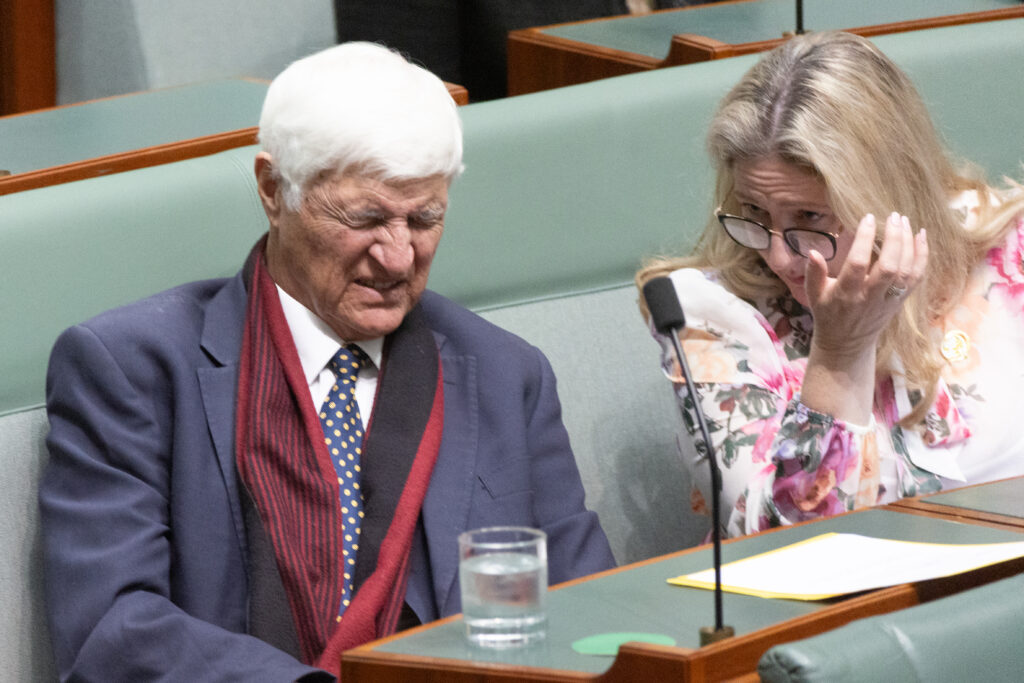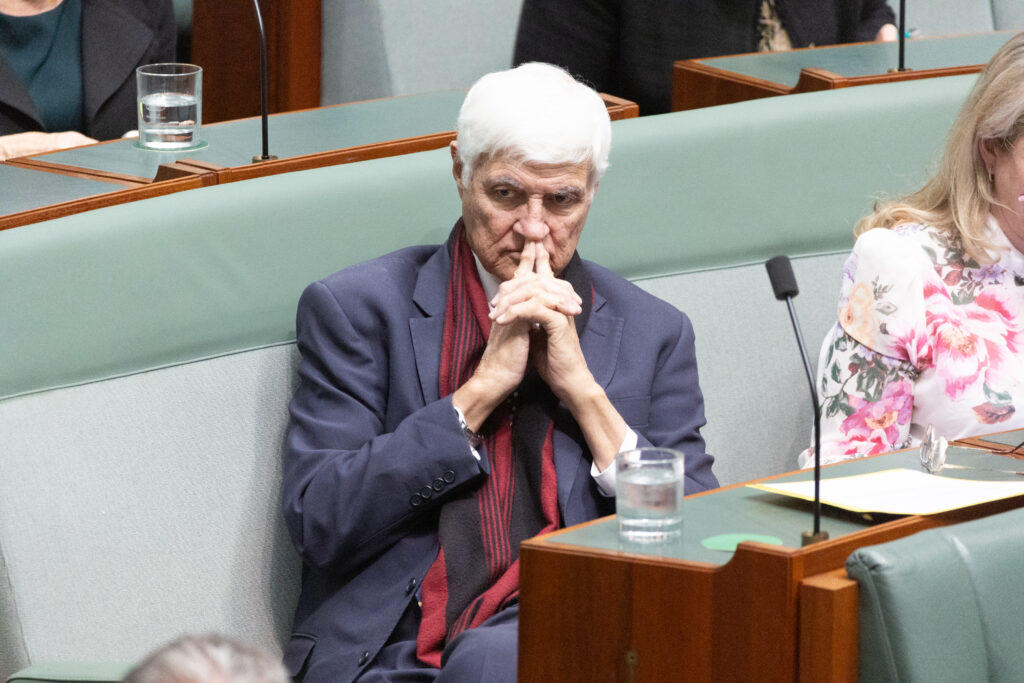Farmers care about climate change, also day ends in Y
AAP has this story which shows that if you actually speak to farmers, rather than look at facebook polls, you’ll find that they care about climate change. Which makes sense – it’s their living, and in many cases their family land, and they can trace the changes better than most of us.
Beef and wool producer Marcus James says agriculture is more exposed to climate change than just about any other industry, and farmers are feeling it.
“Our seasons are changing,” the Tasmanian farmer told AAP.
“We’re having to adapt our pastures, we’re having to make changes into our animal breeding.
“That variability is really challenging.”
Mr James has been in Canberra for a two-day conference held by Farmers for Climate Action, a farmer-led advocacy organisation.
His views were shared by the majority of the 618 farmers surveyed ahead of the Farming Forever event, with 57 per cent pinpointing climate change as the greatest threat to agriculture.
This was up from 55 per cent in 2023, according to the report from the advocacy group and NAB, with the rates of farmers reporting unpredictable growing seasons and unusual rainfall patterns also ticking higher.
The polling also revealed broad support for renewables, with 65 per cent looking to produce and store clean energy on their farms and 80 per cent supportive of local infrastructure upgrades to allow them to participate more easily in the transition.
The rollout of large-scale wind, solar and transmission infrastructure in pursuit of renewables targets has become a fractious issue in some regions.
Last week, the prime minister was pushed on the costs borne by the regions from big clean energy projects by hecklers at the News Corp Bush Summit, prompting Anthony Albanese to concede community consultation had fallen short.
Farmers for Climate Action chief executive officer Natalie Collard said Tuesday’s survey and other polling of farmers consistently pointed to broad support for renewables and climate action.
“We see a lot of media telling us what farmers are thinking – well here’s some actual data,” she said.
“We listen to farmers, not Facebook comments.”
Mr James has already installed solar to power the irrigation system on his north Tasmanian property, an investment that paid itself off after four years and is now saving the farm more than $10,000 in bills annually.
He and his wife Eleanor want to go further and have been looking into a big solar array to power the fast-expanding suburban development neighbouring their property, but regulatory barriers have so far made it too difficult.
The pair take a holistic view to operating a low-emissions and sustainable property that supports the economic viability of the farm and maximises co-benefits.
By participating in a soil carbon program, for example, their arable land becomes more productive and resilient to seasonal changes.
Eventually, Mr James is hopeful the soil project can generate carbon credits to offset the property’s diesel tractors and other hard-to-avoid emissions, with the view to producing carbon-neutral beef down the track.
Most farmers care about climate change and “want to do better”, he said.
“Sometimes the challenge is not that they don’t want to do anything – it’s that it’s really hard to do some of the things that you want to do.”


